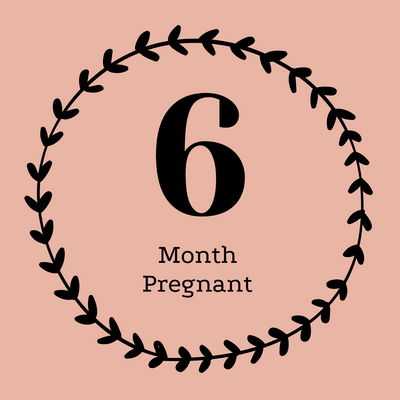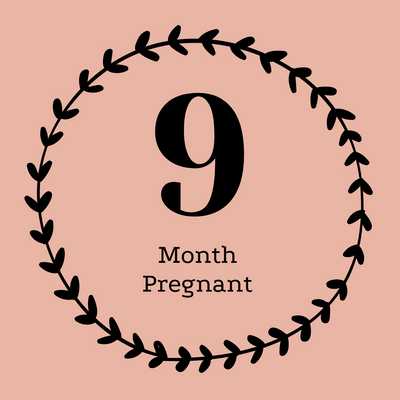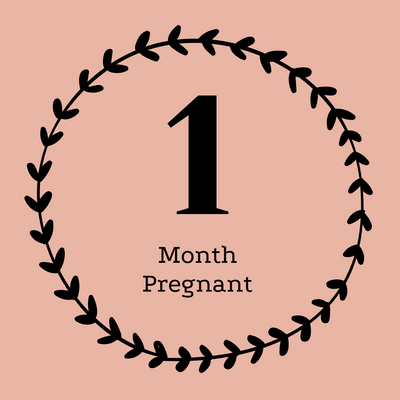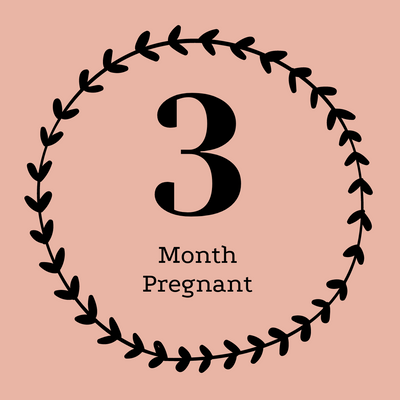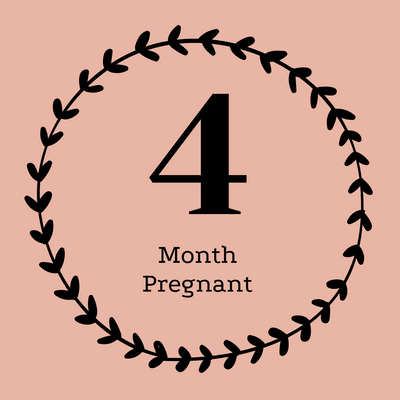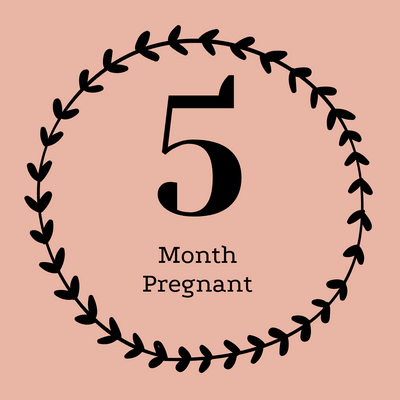2 Month Pregnant

Congratulations on reaching the 2-month mark of your pregnancy! This is an exciting time as your body and your baby undergo significant changes. In this blog, we will discuss common pregnancy symptoms at 2 month pregnant, the development of your baby, the transformations occurring in your body, how to determine your pregnancy progress, and a helpful checklist to guide you through this stage.
During the two month of pregnancy, you may experience several symptoms that indicate your body is adjusting to the changes. These symptoms can vary from woman to woman, but some common signs include:
Fatigue: Experience heightened fatigue as one of the early signs during the first month of pregnancy. Your body is working hard to nourish and support your developing baby.
Breast changes: You may notice that your breasts feel tender, swollen, or sensitive. This is due to hormonal changes and increased blood flow to the breast tissue.
Nausea and morning sickness: Many women experience mild to moderate nausea, often accompanied by vomiting, particularly in the mornings.
Frequent urination: Hormonal changes and increased blood flow can lead to more frequent trips to the bathroom. However, rest assured that this symptom often diminishes by the second trimester of pregnancy.
How Is Your Baby Developing This Month?
Although it's still early in your pregnancy, your baby is undergoing rapid development. By the end of the first month, your baby is called an embryo and is about the size of a poppy seed.
Implantation: After fertilization, the embryo burrows into the lining of the uterus, where it will receive nourishment and continue to grow over the coming months.
Organ formation: The basic structure of your baby's organs, including the heart, brain, and spinal cord, begins to develop during this time.
Amniotic sac and placenta: The amniotic sac, filled with amniotic fluid, forms around the embryo. The placenta also begins to develop, providing vital nutrients and oxygen to your growing baby.
What is the size of your baby during the 2 month of pregnancy?
At this early stage, your baby is tiny, measuring about 1/10 of an inch (2-3 millimeters) long. To put it into perspective, it is roughly the size of a poppy seed or a grain of rice.
Transformations Occurring in Your Body at two Month Pregnant:
While your baby is developing, your body is also undergoing remarkable changes to accommodate the growing life within you. Here are some transformations you may experience during this stage:
Hormonal changes: Your body releases increased levels of hormones, such as human chorionic gonadotropin (hCG) and progesterone, which are responsible for supporting the pregnancy and preparing your body for the months ahead.
Changes in the uterus: The lining of your uterus thickens to provide a nurturing environment for the embryo. You may also experience light spotting, known as implantation bleeding, as the embryo implants into the uterine wall.
Determining Your Pregnancy Progress at 2 Month:
The exact moment of conception can be challenging to pinpoint, which is why healthcare providers typically use the first day of your last menstrual period (LMP) to calculate your due date. By subtracting two weeks from this date, they estimate when fertilization and conception likely occurred.
To confirm your pregnancy progress, schedule an appointment with your healthcare provider. They can perform a physical examination, order blood tests, or recommend an ultrasound to assess the development of your baby.
Checklist for When You’re 2 Month Pregnant:
As you navigate the early stages of pregnancy, it can be helpful to have a checklist to ensure you're taking care of yourself and your growing baby. Here is a checklist of essential items to consider during your first month of pregnancy:
Schedule your first prenatal appointment: This is an important step to establish prenatal care and address any questions or concerns you may have.
Start taking prenatal vitamins: Consult with your healthcare provider and begin taking a prenatal vitamin that includes folic acid to support your baby's neural tube development.
Eat a balanced diet: Focus on consuming nutritious foods that provide essential vitamins and minerals for you and your baby's well-being.
Stay hydrated: Drink plenty of water to support your body's increased fluid needs and prevent dehydration.
Get sufficient rest: Aim for 7-8 hours of sleep per night to help your body adjust to the changes and combat fatigue.
Avoid harmful substances: Stay away from alcohol, tobacco, and recreational drugs, as they can harm your baby's development.
The 2-month mark of your pregnancy is an exciting time filled with new developments for both you and your baby. By understanding the common symptoms, tracking your baby's growth, recognizing the transformations in your body, and following a checklist for self-care, you can navigate the early stages of pregnancy with confidence. Remember to consult your healthcare provider for personalized guidance and support throughout your pregnancy journey. Enjoy this special time as you anticipate the arrival of your little one!








